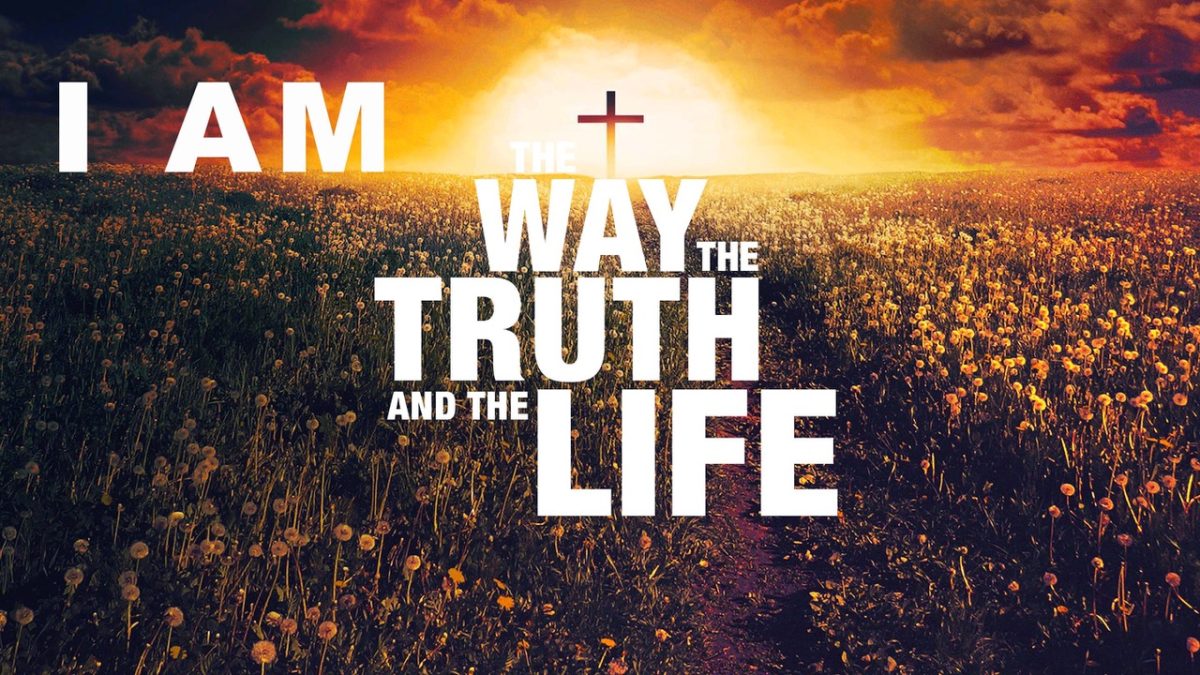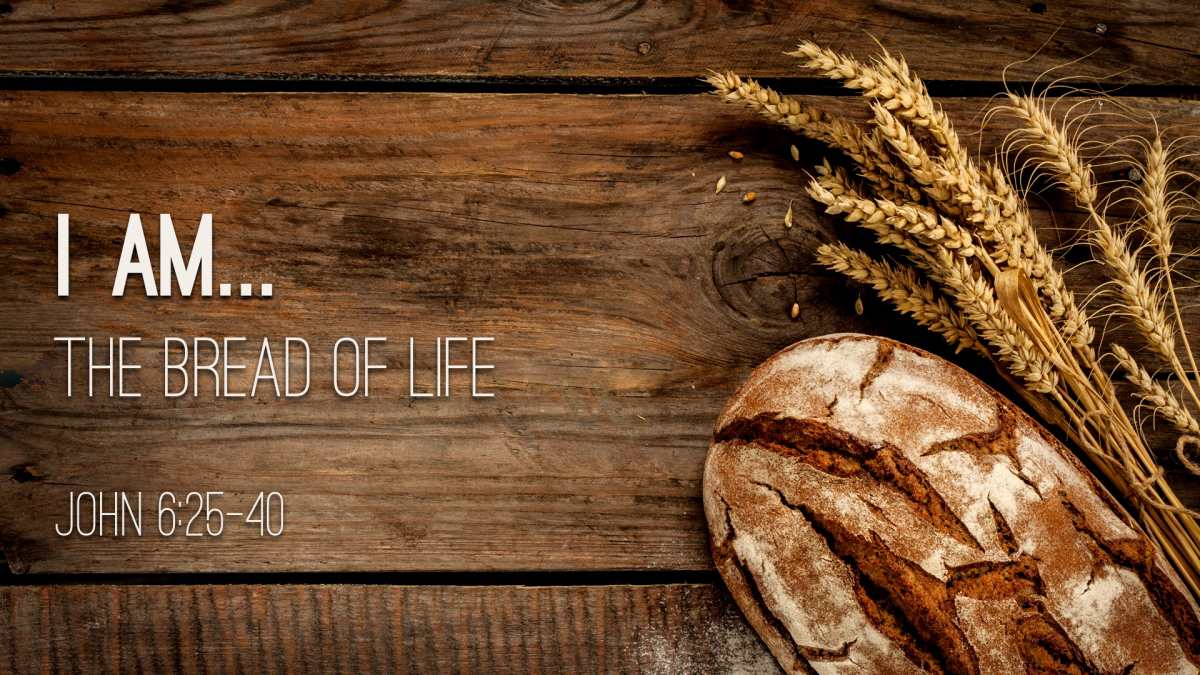Building on Solid Ground: The Call to Dig Deep in Faith
When things feel all topsy-turvy, we yearn for something unshakeable: a foundation that can withstand life’s storms. But where do we find such a foundation? The answer lies in the timeless wisdom of Jesus’ teachings, particularly in His parable of the wise and foolish builders.
This parable, found in Luke 6:46-49, presents a powerful metaphor that challenges us to examine the very core of our faith. Jesus asks a penetrating question: “Why do you call me ‘Lord, Lord,’ and do not do what I say?” It’s a question that should make us pause and reflect on our own lives.
The story unfolds with two builders. One digs deep and lays a foundation on rock, while the other builds directly on the ground without a foundation. When the flood comes, the house built on the rock stands firm, but the one without a foundation is utterly destroyed.
At first glance, this might seem like a simple lesson in construction. But Jesus is speaking about something far more profound – the construction of our spiritual lives. The rock represents Christ Himself, and the act of digging deep symbolizes the effort and commitment required to truly build our lives on Him.
In our modern context, it’s easy to fall into the trap of surface-level Christianity. We might attend church, sing worship songs, and even read our Bibles occasionally. But are we truly digging deep? Are we putting Jesus’ words into practice in our daily lives?
The parable challenges us to move beyond mere lip service. It’s not enough to call Jesus “Lord” if we’re not willing to obey His teachings. This disconnect between our words and actions is a sobering reality that many of us face. We might profess faith on Sundays, but how does that faith manifest in our decisions, relationships, and priorities throughout the week?
Digging deep requires effort. It’s not always comfortable or convenient. Just as physical digging involves getting dirty and expending energy, spiritual digging demands that we confront our own shortcomings, wrestle with difficult truths, and make intentional choices to align our lives with God’s will.
This process of digging deep also involves dealing with the “dirt” in our lives – the attitudes, habits, and beliefs that hinder our spiritual growth. It means addressing past traumas, confronting bitterness, and letting go of anger. Only by clearing away these obstacles can we reach the bedrock of Christ’s love and truth.
The imagery of flooding in the parable is particularly poignant. In life, we will all face storms – trials, temptations, and challenges that threaten to overwhelm us. The question is not if these floods will come, but how we will withstand them when they do. Those who have built their lives on the solid foundation of Christ will find stability and strength, even in the midst of life’s most turbulent waters.
It’s crucial to understand that this foundation-building is not a one-time event, but a continuous process. We don’t simply dig deep once and then rest on our laurels. Rather, we are called to consistently apply Jesus’ teachings to our lives, allowing His words to shape our thoughts, actions, and character day by day.
This parable also serves as a wake-up call to those who might be building their lives on less stable foundations – success, wealth, relationships, or even religious traditions that have lost their spiritual vitality. While these things may seem secure in times of calm, they will prove woefully inadequate when life’s storms rage.
The call to dig deep is ultimately a call to authenticity in our faith. It challenges us to move beyond a superficial, culturally comfortable Christianity to a faith that transforms us from the inside out. This kind of faith doesn’t simply conform to societal norms or seek personal comfort. Instead, it radically reorients our lives around the person and teachings of Jesus Christ.
As we reflect on this parable, we must ask ourselves some hard questions. Are we truly building our lives on the solid rock of Christ? Are we willing to put in the effort to dig deep, even when it’s uncomfortable or challenging? Are we living out our faith in tangible ways, or merely paying lip service to spiritual ideals?
The good news is that we’re not left to do this work alone. God Himself provides the strength and guidance we need to dig deep and build wisely. Through prayer, studying Scripture, and living in community with other believers, we can gradually establish our lives on the unshakeable foundation of Christ.
Moreover, the reward for this diligent foundation-building is immeasurable. A life built on Christ is not only able to withstand life’s storms but can also become a beacon of hope and stability for others. When we stand firm in our faith, we demonstrate the reality and power of God’s love to a world desperately in need of truth and hope.
This parable about those who do what Jesus says and those who perform lip service really challenges us to examine the foundation of our lives. It calls us to move beyond surface-level spirituality and dig deep into the bedrock of Christ’s teachings. This process requires effort, honesty, and perseverance, but it leads to a life of unshakeable faith and profound purpose.
As we go forward, let us commit to digging deep, to putting Christ’s words into practice, and to building our lives on the solid rock of His truth and love. In doing so, we’ll not only find stability for ourselves but will also become living testimonies to the transformative power of authentic faith.
May we all have the courage and commitment to dig deep, build wisely, and stand firm on the unshakeable foundation of Jesus Christ.
—–
Here’s a 5-day Bible reading plan and devotional guide for your week:
Day 1: Digging Deep in Faith
Reading: Luke 6:46-49
Devotional: Jesus asks a penetrating question: “Why do you call me ‘Lord, Lord,’ and do not do what I say?” Today, reflect on the depth of your faith. Are you merely giving lip service to Christ, or are you truly building your life on His teachings? Just as a house needs a deep, solid foundation to withstand storms, our faith requires consistent effort and commitment. Take time to “dig deep” spiritually today. What areas of your life need to be more firmly grounded in Christ? Commit to taking one practical step to deepen your faith, whether it’s dedicating more time to prayer, studying Scripture, or putting a specific teaching of Jesus into practice.
—–
Day 2: Trusting God in Trials
Reading: James 1:2-4
Devotional: Life’s floods – trials, hardships, and challenges – are inevitable. But as we learned from the sermon, these difficulties can reveal the strength of our spiritual foundation. James encourages us to consider trials as opportunities for growth. Reflect on a recent or current challenge in your life. How might God be using this situation to strengthen your faith? Remember, just as the house built on rock withstood the flood, a faith deeply rooted in Christ can withstand life’s storms. Today, choose to trust God’s presence and purpose in your difficulties, asking Him for the strength to persevere and grow.
—–
Day 3: From Hearing to Doing
Reading: James 1:22-25
Devotional: The sermon emphasized the importance of not just hearing God’s Word, but putting it into practice. James echoes this, warning against self-deception that comes from being hearers only. Today, focus on becoming a “doer” of the Word. As you read the Scripture passage, ask God to reveal one specific way you can apply His truth to your life. It might be an act of forgiveness, a step of obedience, or a change in attitude. Remember, it’s in the doing that our faith becomes alive and our spiritual foundation grows stronger. Take that step of obedience, no matter how small it may seem.
—–
Day 4: Surrendering to God’s Lordship
Reading: Matthew 7:21-23
Devotional: Jesus’ words here are sobering – not everyone who claims Him as Lord will enter the kingdom of heaven. This aligns with the sermon’s call to examine whether we truly treat Jesus as our Master. Today, reflect on areas of your life where you might be holding back from full surrender to Christ. Are there habits, attitudes, or ambitions that you’re clinging to, rather than yielding to His lordship? Surrender is a daily choice. Take time to recommit your life to Christ, inviting Him to reign in every aspect – your thoughts, words, actions, and future plans. Ask for the grace to live out your profession of faith authentically.
—–
Day 5: Building a Life of Kingdom Impact
Reading: Matthew 5:13-16
Devotional: As we’ve focused on building a strong spiritual foundation this week, today we turn to the purpose behind it all – shining Christ’s light in the world. Jesus calls us to be salt and light, making a tangible difference in our spheres of influence. Reflect on how your life can demonstrate the reality of Christ to others. Are there ways you can be more intentional about living out your faith in your family, workplace, or community? Remember, a life built firmly on Christ naturally overflows with His love and truth to others. Pray for opportunities to be a kingdom-builder today, and for the courage to seize them when they come.

It’s The Little Things
The Kingdom of God: Ownership, Faithfulness, and the Little Things Have you ever felt like God was a harsh taskmaster, just waiting for you

Seeking Wisdom Is Underrated
The Pursuit of Wisdom: A Path to Lasting Success Quick decisions and instant gratification is our culture’s calling card. However, there’s a timeless truth

Staying Hallowed On Halloween
Staying Holy in a Dark World: Navigating Halloween as a Christian As October rolls around each year, many Christians find themselves wrestling with how

Are You A Pillar Or A Prop?
Embracing the Noble Task: A Call to Leadership and Purpose Titles, status, and personal gain are huge drivers of worldly culture. Unfortunately those same

Time To Dig Deep
Building on Solid Ground: The Call to Dig Deep in Faith When things feel all topsy-turvy, we yearn for something unshakeable: a foundation that

Older Brother Syndrome
The Prodigal Wasn’t The Only Son We’ve all heard the story of the prodigal son – the wayward child who squanders his inheritance, only








